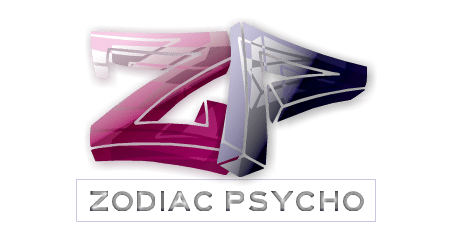Can a Mute Person Become a Doctor?
Becoming a doctor is a highly respected and demanding profession.
It requires years of rigorous education, training, and hard work.
But what if someone has the passion and drive to become a doctor, but is unable to speak due to a physical disability such as mutism?
Can a mute person become a doctor?
In this post, we will explore this question and look at some real-life examples of mute doctors.
Understanding Mutism
Firstly, let’s understand what mutism is.
Mutism is a condition where a person is unable to speak, either due to physical or psychological reasons.
It can be a result of damage to the vocal cords, the larynx, or the tongue, or due to conditions such as cerebral palsy, autism, or selective mutism.
In some cases, mutism can also be psychological, where the person chooses not to speak due to anxiety, trauma, or other mental health conditions.
The Story of Philip Zazove
Philip Zazove is a doctor who was born with hearing loss, but it did not stop him from pursuing his passion for medicine.
He went on to become a family physician and is now the chair of the Department of Family Medicine at the University of Michigan Medical School. In an interview with CNN, Dr. Zazove shared his journey and how he overcame the challenges of being a deaf doctor.
According to Dr. Zazove, being deaf has never been a hindrance to his career.
He uses a combination of lip-reading, sign language, and written communication to communicate with his patients and colleagues.
He also has an interpreter present during surgeries to ensure clear communication with the surgical team.
Dr. Zazove believes that deaf doctors bring a unique perspective to patient care and that their disability can be a strength rather than a weakness.
Can a Mute Person Become a Doctor?
If a deaf person can become a doctor, can a mute person do the same?
The answer is yes!
While being a mute doctor may pose some challenges, it is not impossible.
Mute people have pursued successful careers in various fields, including medicine.
Real-Life Examples of Mute Doctors
Dr. Jameson Locke is a mute doctor who practices at the Children’s Hospital of Philadelphia.
He was born with a rare disorder that affects his speech and uses a device that translates his sign language into spoken words.
Dr. Locke is an example of how technology can enable a mute person to become a successful doctor.
Dr. Wendy Chen is another example of a mute doctor who has made a name for herself in the medical field.
Dr. Chen was born with cerebral palsy, which affects her speech and motor function.
She uses a communication device to speak and has overcome numerous challenges to pursue her passion for medicine.
Challenges Faced by Mute Doctors
While it is possible for a mute person to become a doctor, it does come with its own set of challenges. Some of the challenges faced by mute doctors include:
- Communication: Mute doctors need to find alternative ways to communicate with their patients and colleagues. They may need to use sign language, written communication, or technology to overcome this challenge.
- Stigma and Discrimination: Mute people often face stigma and discrimination due to their disability. This can make it harder for them to find employment or be taken seriously in their profession.
- Accessibility: Medical facilities need to be accessible to people with disabilities, including mute doctors. This means having equipment and technology that can facilitate communication and enable them to perform their job duties.
Overcoming Challenges
Despite the challenges, many mute people have successfully pursued careers in medicine.
They have shown that with the right tools, technology, and support, anything is possible. Here are some ways in which mute people can overcome the challenges of becoming a doctor:
- Find Support: Mute people need a support system that understands their disability and can help them navigate the challenges of pursuing a career in medicine. This could be in the form of mentors, colleagues, or support groups.
- Use Technology: Technology has made it easier for mute people to communicate with others. Communication devices, speech-to-text software, and video conferencing tools can all help mute doctors to communicate effectively with their patients and colleagues.
- Educate Others: Mute people can help break down stigma and discrimination by educating others about their disability. By raising awareness, mute doctors can help to create a more inclusive and accessible workplace.
Conclusion
A mute person can become a doctor.
While it may come with its own set of challenges, there are real-life examples of mute doctors who have successfully pursued their passion for medicine.
With the right support, tools, and technology, mute people can overcome the challenges and excel in their chosen profession.
Mute doctors bring a unique perspective to patient care and can be an asset to the medical field.
By breaking down barriers and raising awareness, we can create a more inclusive and accessible workplace for all.
- Venus Conjunct Mars Synastry: Understanding the Cosmic Connection - January 24, 2024
- How Does A Leo And Taurus Get Along - September 16, 2023
- How Does A Virgo Man Test A Woman - September 16, 2023
